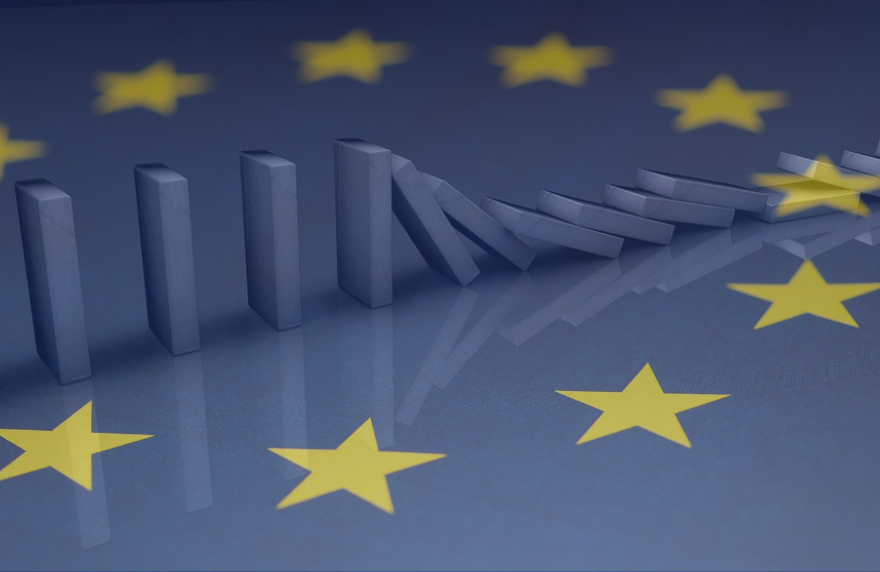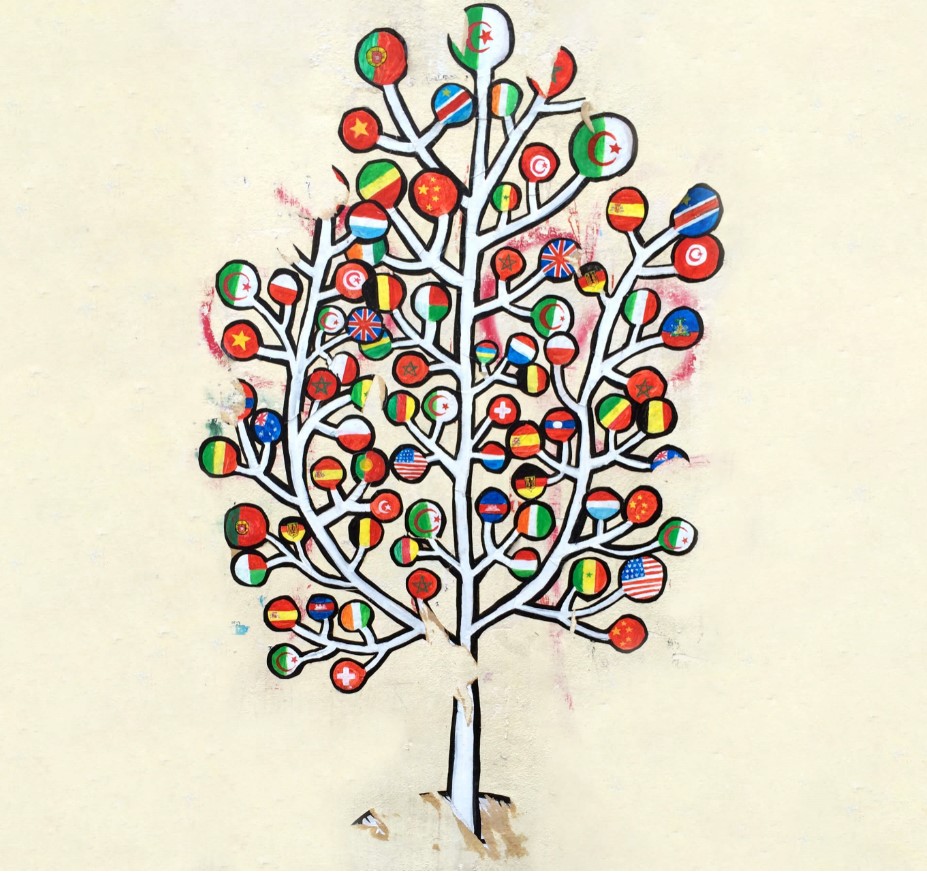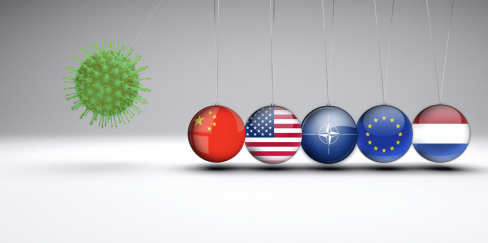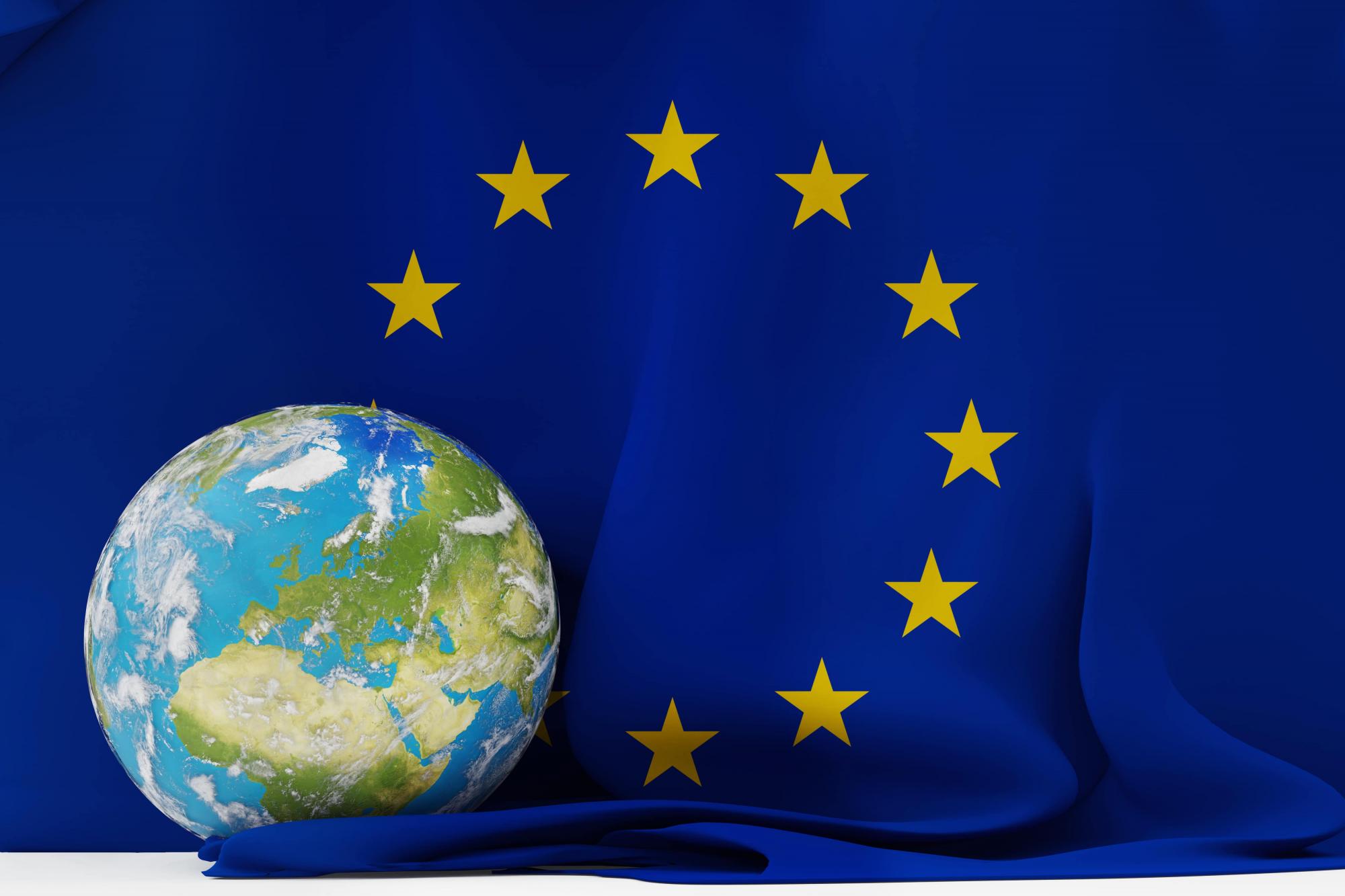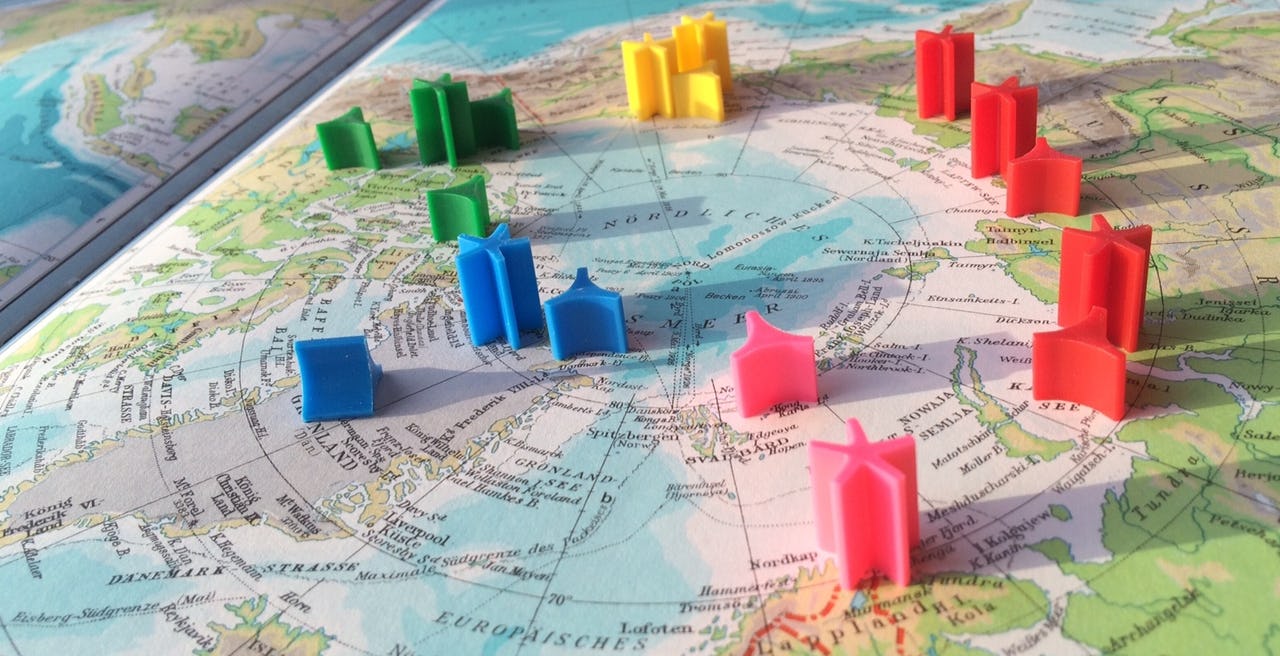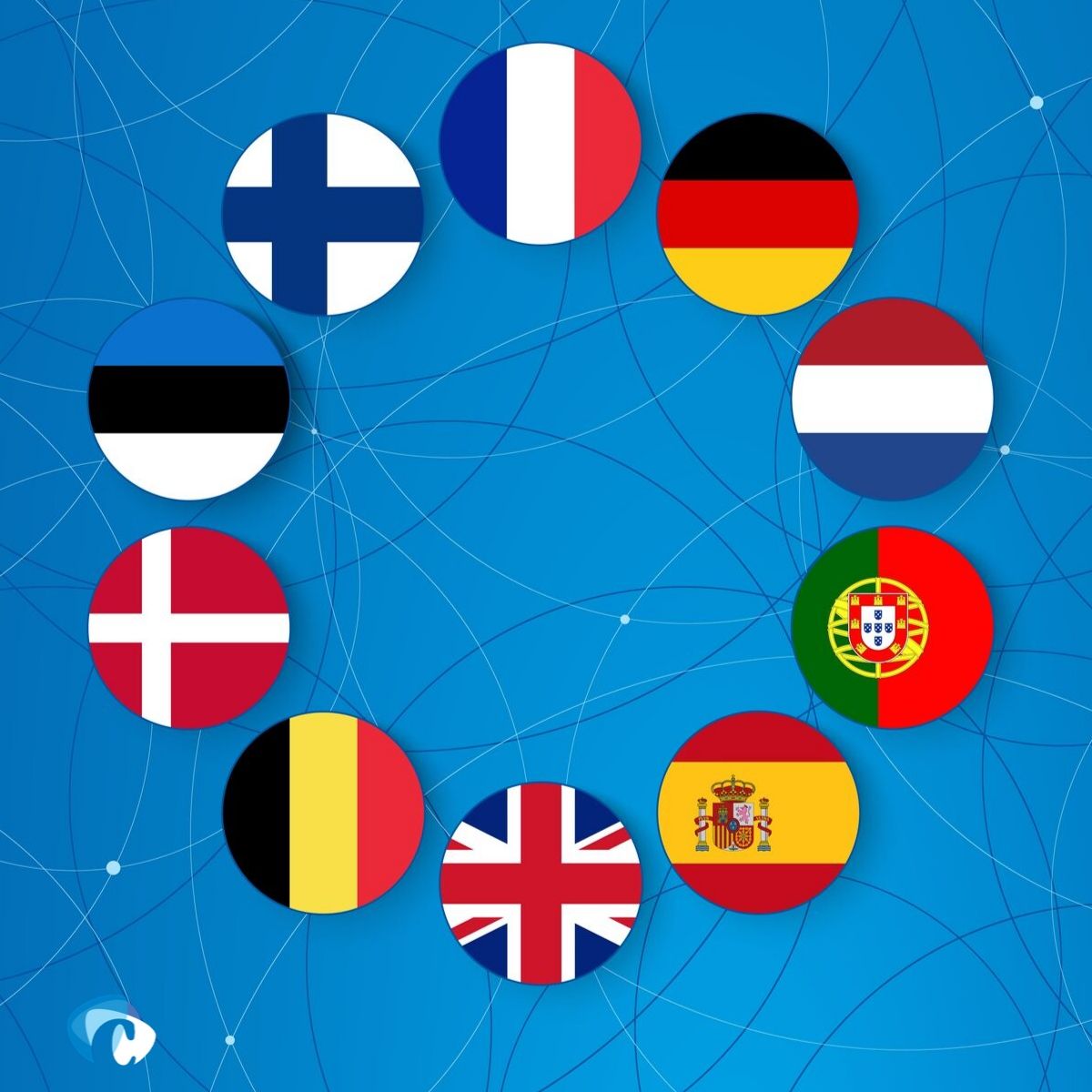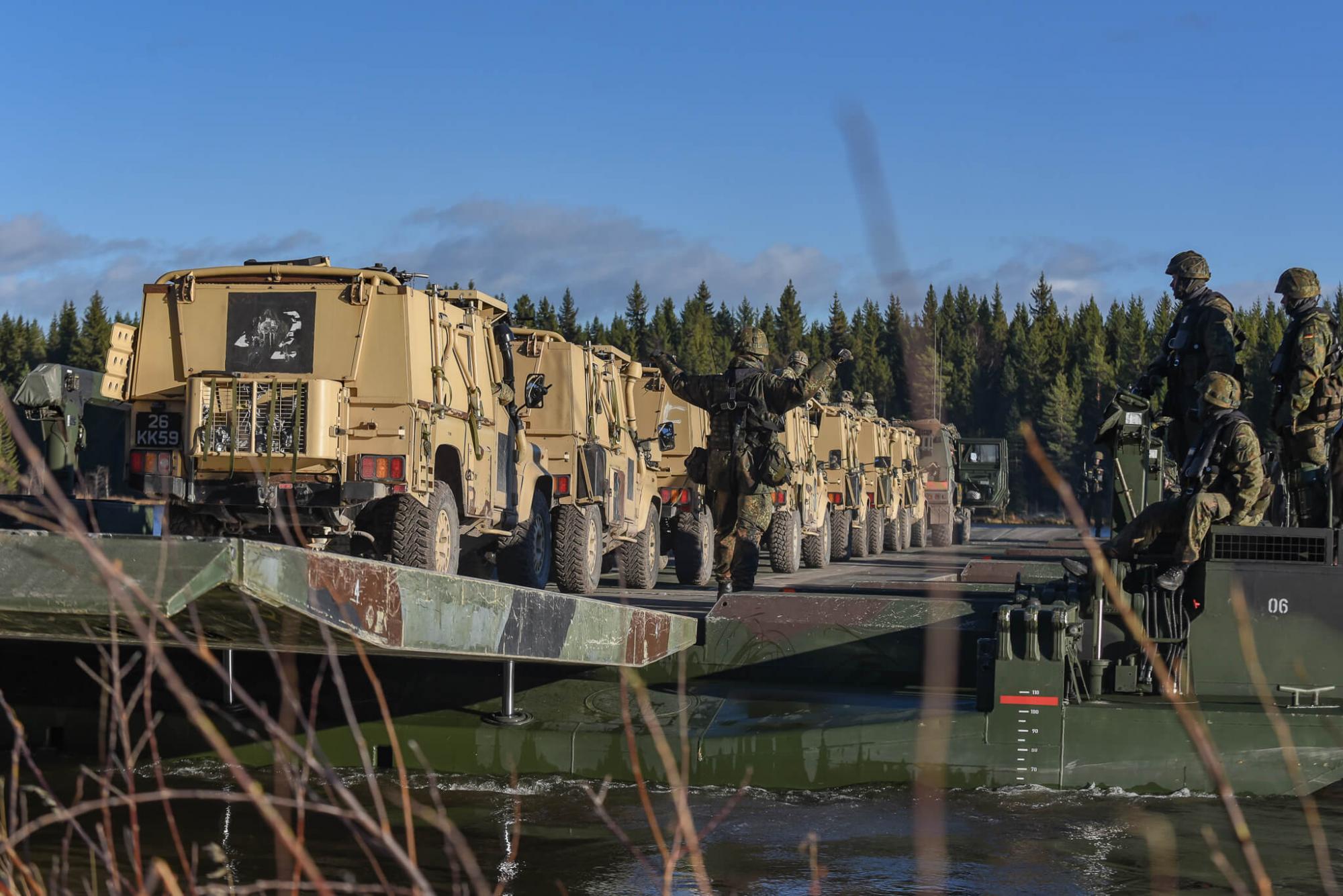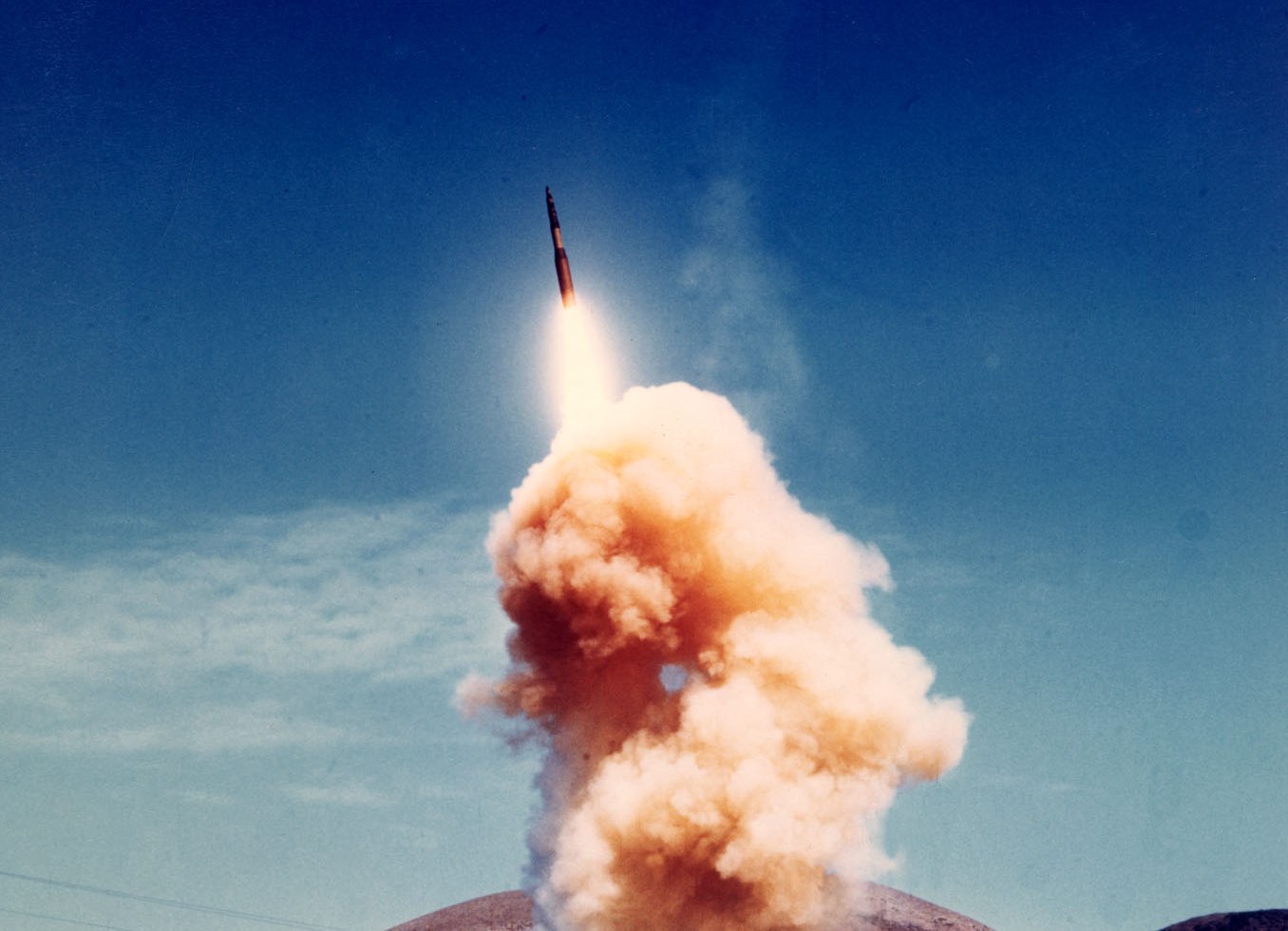De Impact van Covid-19 op Europese Veiligheid
- Read more about De Impact van Covid-19 op Europese Veiligheid
- Log in to post comments
Wat zijn de gevolgen van Covid-19 voor de Europese veiligheid? Hoe zal de coronacrisis de internationale machtsverhoudingen veranderen? Welk spoor trekt de virusuitbraak door bestaande bondgenootschappen? Welke lering kunnen we trekken uit de gevolgen van pandemieën uit het verleden? En wat zijn de belangrijkste te verwachten veiligheidsdynamieken voor de komende vijf jaar?
Covid-19 is in de eerste plaats een versneller van al langer zichtbare veiligheidstrends in en aan de randen van Europa op het gebied van democratie, goed bestuur en mensenrechten, sociale veiligheid, politieke stabiliteit, interstatelijke competitie en geopolitieke rivaliteit.
Het beteugelen van het virus vereist maatregelen zonder precedent en zal uiteindelijk grote sociale en politieke gevolgen hebben, ook voor Nederland. De coronacrisis kan in de toekomst leiden tot erosie van democratische normen en principes, het vergroten van de maatschappelijke polarisatie en het destabiliseren van kwetsbare landen aan de randen van het Europese continent. Bovendien gooit de pandemie olie op het vuur van interstatelijke competitie.
Hoe kan Nederland deze aanzienlijke gevolgen het hoofd bieden? Onze notitie benadrukt de volgende aandachtspunten voor het Nederlands buitenland- en veiligheidsbeleid:
- Nederland moet zich internationaal blijven inzetten voor democratische normen, goed bestuur en de bescherming van mensenrechten, speerpunten van het Nederlands beleid;
- Het voorkomen van verdere escalatie van maatschappelijke onrust en politieke instabiliteit in en aan de randen van Europa vergen Nederlandse inspanningen en inzet op het gebied van conflictpreventie, conflictstabilisatie en conflictindamming;
- De mondiale weerbaarheid tegen een volgende pandemie zal versterkt moeten worden. Deze weerbaarheid stoelt op voldoende reactiecapaciteit van de zorg; op R&D-capaciteit om vaccins te ontwikkelen én te produceren; en op het verbeteren van internationale early warning capaciteiten.
Download notitie
Auteurs
Tim Sweijs (Director of Research, HCSS)
Femke Remmits (HCSS)
Hugo van Manen (HCSS)
Frank Bekkers (Director of the Security Program, HCSS)
